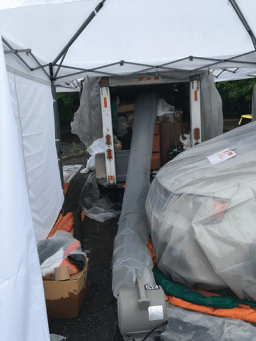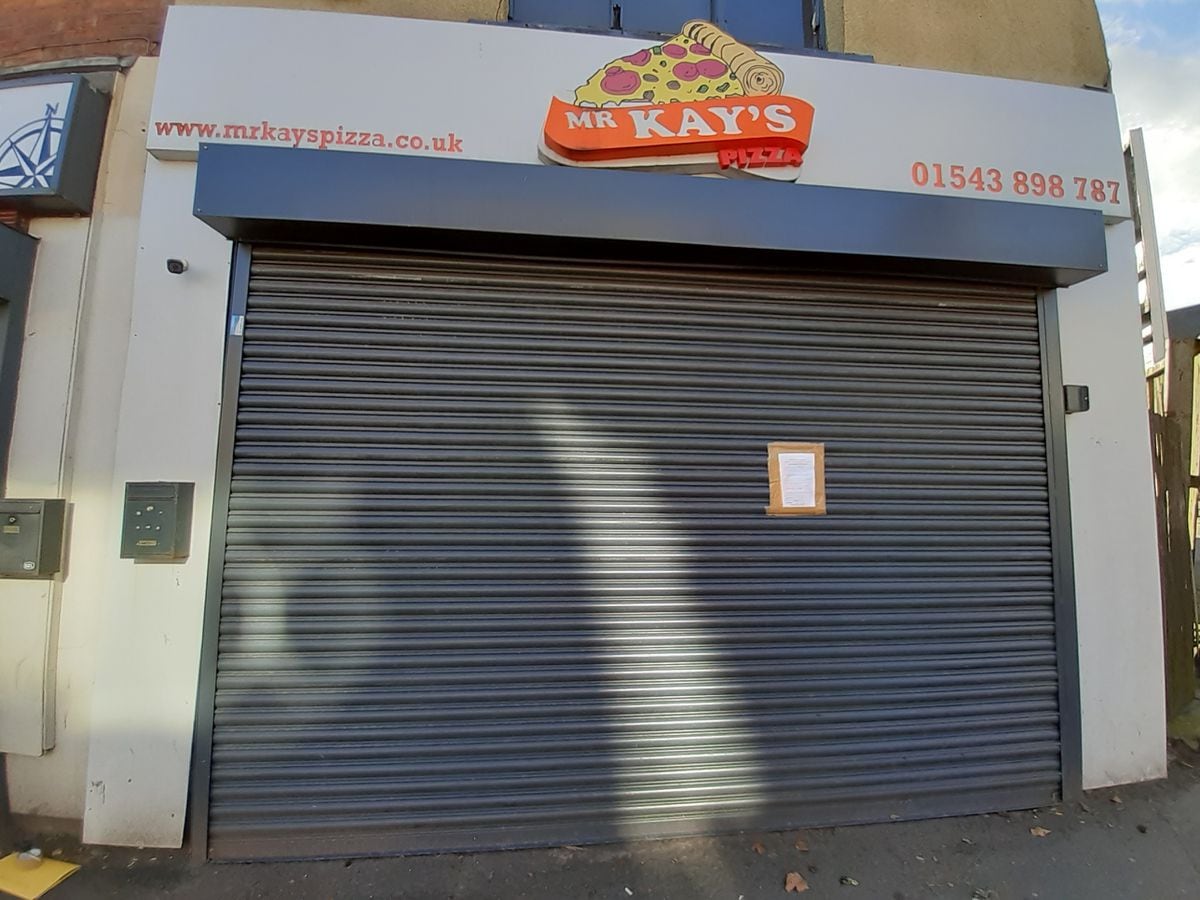November 23, 2022
The Marine Institute is working with two global companies to develop a new, sustainable source of processing waste that can be turned into high-value compounds for the agricultural, medical and nutritional supplement industries.
From left are Dr. Pedram Dehdari, Managing Director of Ensymm; dr Heather Burke, Director CASD; and Wade Murphy, CASD’s marine bioprocessing facility supervisor.
Photo: Submitted
This new source is a common insect known as the black soldier fly (BSF).
Insect farms using BSF larvae convert organic waste into alternative proteins and oils for aquaculture and animal feed. These insect farms produce their own waste in the form of BSF pupae exoskeletons.
“This represents a new raw material source of chitin and chitosan as an alternative to crustacean sources such as shrimp and crab shells,” said Heather Burke, director of the Center for Aquaculture and Seafood Development (CASD) at the Marine Institute
“Huge insect farms are being developed around the world to breed, breed and refine these products from this very sustainable fly that feeds on waste. These BSF farms do not have to use other scarce foods such as forage fish, which when used as animal feed can harm the environment and wild populations in nature.”
 A mixture of black soldier fly pupal exoskeletons prior to the chitin extraction process.
A mixture of black soldier fly pupal exoskeletons prior to the chitin extraction process.
Photo: Submitted
New exams
For the past two decades, CASD has worked with German life science biotechnology company Ensymm UG and Co. to extract chitin from shellfish waste and process it into high-value compounds such as chitosan.
Chitin is further converted into chitosan, a commercially valuable biopolymer with antibacterial and antifungal properties used in agriculture, biomedicine, and wastewater treatment.
The partners are jointly offering laboratory-scale and pilot-scale trials for crustacean processing to the fish industry.
Last year they ran new pilot-scale trials at CASD’s bioprocessing research facilities in St John’s – this time extracting chitosan from exoskeletons of BSF pupae for Australia-based Future Green Solutions.
Unique expertise
“We are proud to have conducted the first BSF chitosan laboratory and pilot processing trials for our client Future Green Solutions in 2021,” said Dr. Pedram Dehdari, Managing Director of Ensymm.
 Black soldier fly (Hermetia illucens)
Black soldier fly (Hermetia illucens)
Photo: Istock
“Based on their BSF doll exoskeletons, the BSF chitosan shows commercial potential. Through our unique collaboration, we are able to provide services up to the pre-engineering phase to build commercial-scale plants for chitosan and related by-products worldwide. With our unique expertise in crustacean bioextraction, BSF farms have also expressed interest in testing our process on exoskeletons of BSF pupae to determine its potential as a raw material source for chitosan.”
 Wade Murphy directs part of the extraction process at CASD’s bioprocessing pilot plant.
Wade Murphy directs part of the extraction process at CASD’s bioprocessing pilot plant.
Photo: Submitted
Promising results
Future Green Solutions (FGS) is a global leader in developing black soldier fly farms to convert food waste into feed.
“Future Green Solutions was the first BSF farming company in the world to commission a full laboratory and pilot scale trial by the Ensymm-Marine Institute team to evaluate the potential of chitosan extraction from black solder fly pupae exoskeletons and explore,” said Luke Wheat, Founder and CEO, FGS.
“We have obtained very promising results in the extraction of commercially valuable chitosan. Further tests and optimizations are already being planned. This will provide a roadmap for a potential commercial production facility to diversify the product range based on BSF waste – enabling FGS to serve new markets with new applications.”
Moira Baird is the Public Relations and Communications Officer for the Marine Institute. She can be reached at mc.baird@mi.mun.ca.








